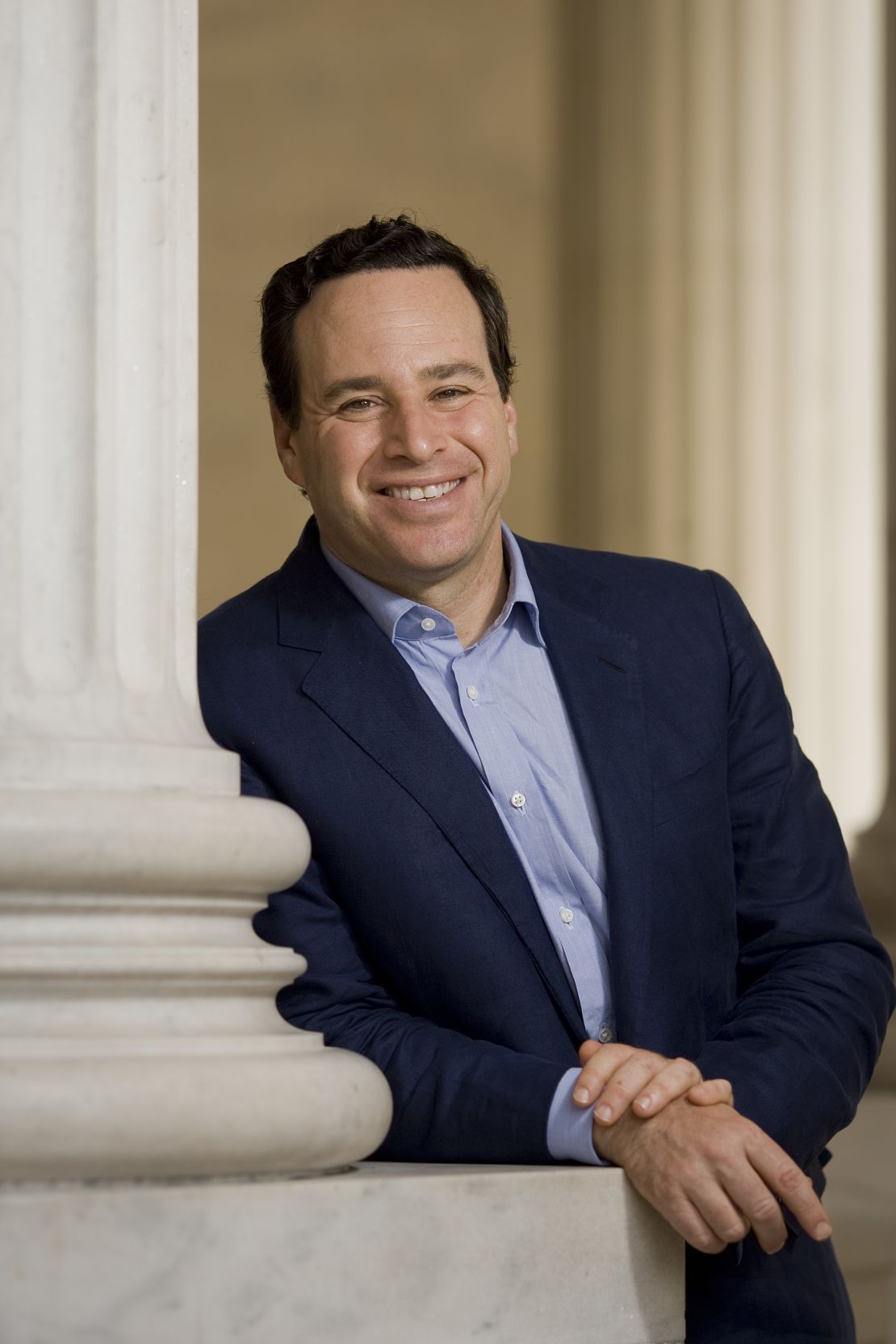Editor’s Note: David Frum, a CNN contributor, is a contributing editor at Newsweek and The Daily Beast. He is the author of eight books, including a new novel, “Patriots,” and a post-election e-book, “Why Romney Lost.” Frum was a special assistant to President George W. Bush from 2001 to 2002.
Story highlights
David Frum says we lack real evidence on the impact of living alone
Is the dropping birth rate a good or a bad thing, he asks
Frum: Is a new book right about the hookup culture being empowering?
He says we want to believe in life without traditional attachments, but is it best?
Incomes? Home prices? New car sales? Americans exactingly measure everything that pertains to their material well-being. But when it comes time to assess the things that matter most – human well-being and happiness – there we find ourselves baffled.
This week, Americans celebrate Valentine’s Day. The National Retail Federation can inform us how much Americans will spend and how that spending compares to last year and the year before that. It can tell us how much of that spending will be directed to candy, how much to cards, how much to lingerie, how much to dinners out. Specialists will inform you, if asked, about the relative size of the gay and lesbian Valentine market, how many Valentine dollars will be spent on pets, and how Valentine’s Day spending compares to Halloween and Cinco de Mayo.
But what the Valentine dollars buy? That is a lot more obscure.
The lost art of offline dating

The statisticians can tell us that 31 million Americans live alone, and that fewer than half of American homes are shared by a husband and wife. Their data shows that the American birth rate plunged to an all-time low in 2011, and that almost one-fifth of American women in their 40s have not had children.
But the statisticians cannot tell us what we most want to know: Are these trends conducive to human flourishing? Are we doing a better or worse job of sustaining love and family compared to other places and other times? These questions – the very most important of them all – are the questions where our public discussion is most accepting of answers based on raw assertion.
“Living alone comports with modern values. It promotes freedom, personal control and self-realization.” That sunny assessment comes from Eric Klinenberg, author of the 2012 book, “Going Solo.” Maybe he’s right – go try to prove he’s not!
Get our free weekly newsletter
The hookup culture of commitment-free sex? It’s empowering, claims a new book excerpted in The Atlantic.
“To put it crudely, feminist progress right now largely depends on the existence of the hookup culture. And to a surprising degree, it is women – not men – who are perpetuating the culture, especially in school, cannily manipulating it to make space for their success, always keeping their own ends in mind. “
Are more children growing up in single-parent households? That’s a good thing, asserts journalism professor Katie Roiphe in a New York Times op-ed.
The upside of online dating: Always a funny story to tell
“If you think that being married ensures a good life for your children you need only enter a bookstore and open any novel, or go to the theater and watch practically any play, or have dinner with nearly anyone you know. Suffering is everywhere, and married parents, even happily married parents, raise screwed-up or alcoholic or lost children, just as single parents raise strong, healthy ones,” Roiphe writes.
If we were reading about running-shoe production, or the relative costs of different sources of electricity, or the merits of different mobile phones, we’d want facts and proof. But when it comes to the things that matter most, proof is difficult and our feelings are strong.
How technology has changed romance
“People don’t actually read newspapers,” quipped the great student of mass media, Marshall McLuhan. “They slip into them like a warm bath.”
We want to hear that Facebook can substitute for the marriages we don’t form, and that friends and pets provide more gratification than the children we don’t have.
We want to believe that we can shed sexual partners without a pang and attract new ones at every age of life.
And in our dynamic consumer economy, there is always a provider who will deliver what we want. Who will say that they are wrong?
Follow us on Twitter @CNNOpinion.
Join us on Facebook/CNNOpinion.
The opinions expressed in this commentary are solely those of David Frum.
